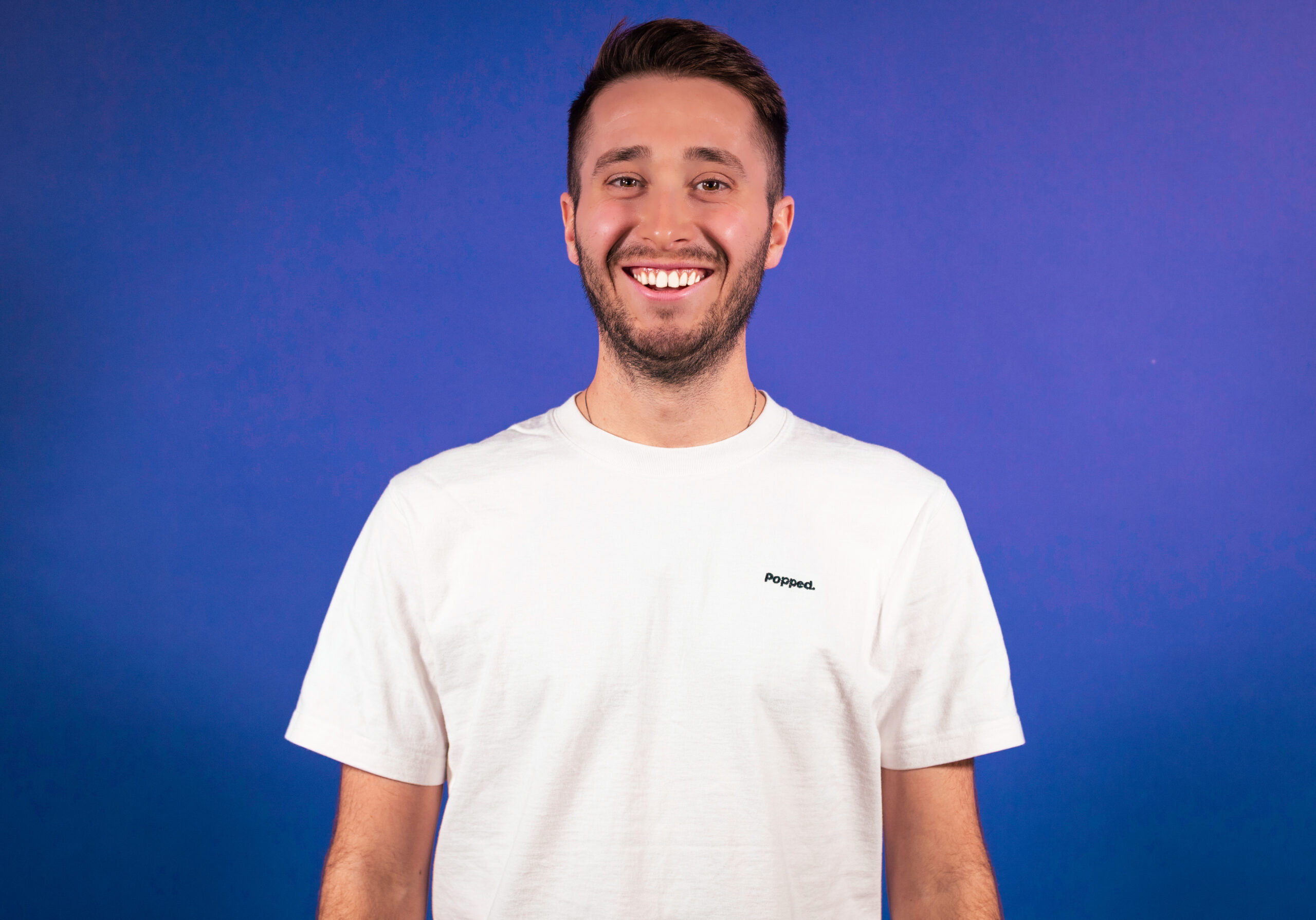Reigning men’s UK Hill Climb National Champion Andrew Feather’s new superbike costs €10,900 for the frameset alone, with the complete bike estimated at €21,000.
Built by boutique Swiss carbon specialist SWI Cycling, the bike Father will be riding at this weekend's National Hill Climb Championships weighs only 5.5kg.
SWI Cycling is a Swiss high-end carbon frame manufacturer with production facilities in Italy.
The brand makes its one frameset offering, the Aequus, in true monocoque fashion – something it claims 99 per cent of other brands don’t do.
What goes into a €10,000 frame?

Most brands don’t make public the type of carbon that goes into their frames.
For example, Specialized brands its carbon as Fact 12r or 10r depending on the bike model. Likewise, Trek denotes its carbon ‘OCLV’ followed by a number. Pinarello reveals more details, but SWI is possibly the most transparent brand we’ve come across.
The Swiss manufacturer claims to use NTPT high-performance carbon textiles. These have an exceptionally dense unidirectional carbon weave of up to 29-ply. The brand says the average carbon fabric is only 4 or 5-ply.

SWI says a greater ply count provides a much higher stiffness-to-weight ratio than typically seen in frame manufacturing.
The brand has even supplied cooking instructions should you decide to make one of these at home.
Once laid up, a special resin is impregnated into the carbon. This enables SWI to mould its frames at six bars of pressure in an autoclave airtight oven. It then bakes this carbon cake for six hours at 125ºC.
SWI says this process compresses the carbon beyond what you’d find in a standard frame for extra strength.
True monocoque

A monocoque frame is constructed as a single, unified structure without joining tubes. This continuous form is said to enhance strength, stiffness and structural efficiency, while reducing weight.
However, SWI says its bike is one of the only true monocoque frames. In fact, it claims 99 per cent of carbon frames claimed to be monocoque are produced by bonding multiple carbon tubes and pieces.
SWI says Cipollini’s frames are true monocoque frames, but a quick search of other brand websites turned up examples such as 'multiple monocoque structures' and 'modified monocoque construction'.
Colnago, for example, says its V4Rs is a monocoque, when in reality the rear triangle is bonded to the rest of the frame.
Those are clear examples of the term monocoque being slightly misleading. In isolation, they're true enough, but the frames they refer to are not true monocoque structures.
But does it matter that the bike you ride isn’t monocoque? A true monocoque frameset is very expensive to make and the purported advantages are likely to only benefit those riders with exceptional abilities.
So, unless you can produce WorldTour watts like Andrew Feather – or have really deep pockets – regular carbon frames are going to be just fine.
A dream build

After switching to disc brakes when he moved to Cannondale’s SuperSix Lab71 frameset, Feather has been busy honing his setup to be as light and stiff as possible.
A partial Shimano Dura-Ace R9270 Di2 groupset takes care of the bike’s 1x gearing and braking.

The gearing currently comprises a 39T chainring, with a standard tooth profile.
While drop-stop chainrings are typically used for chain retention when no chain catcher is in place, Feather told us the 12-speed Shimano rings hold the chain more securely than 11-speed components.
An 11-28t Dura-Ace R9200 cassette is currently on Feather’s race wheels, although this could change come race day.

Stepping away from Shimano, Feather uses a Rotor crankset and power meter. This one is officially unreleased, although it has been spotted frequently on WorldTour bikes this year.

The finishing kit is ported over from last year's race bike. Schmolke provides the seatpost, saddle, stem and bar, with the setup of the latter tuned to the hill-climb effort.

Feather rotates the bar upwards and mirrors this with the shifters. The result is a more upright position, which he says better supports him during those lung-burning out-of-the-saddle efforts.

The ultimate weight-saving measure, however, is the lights – from Lucendi in Sweden. They weigh only 1.09g without the ziptie and CR2032 battery. To get one, you’ll have to DM Lucendi on Weight Weenies.

Feather continues with Hunt's Hill Climb SL wheelset and 23mm Vittoria Pista track tubulars.
But while this build is incredibly expensive, Feather’s 2018 rim brake Cannondale Supersix is lighter at 5.08kg. It's a rim squisher for the win, then.
